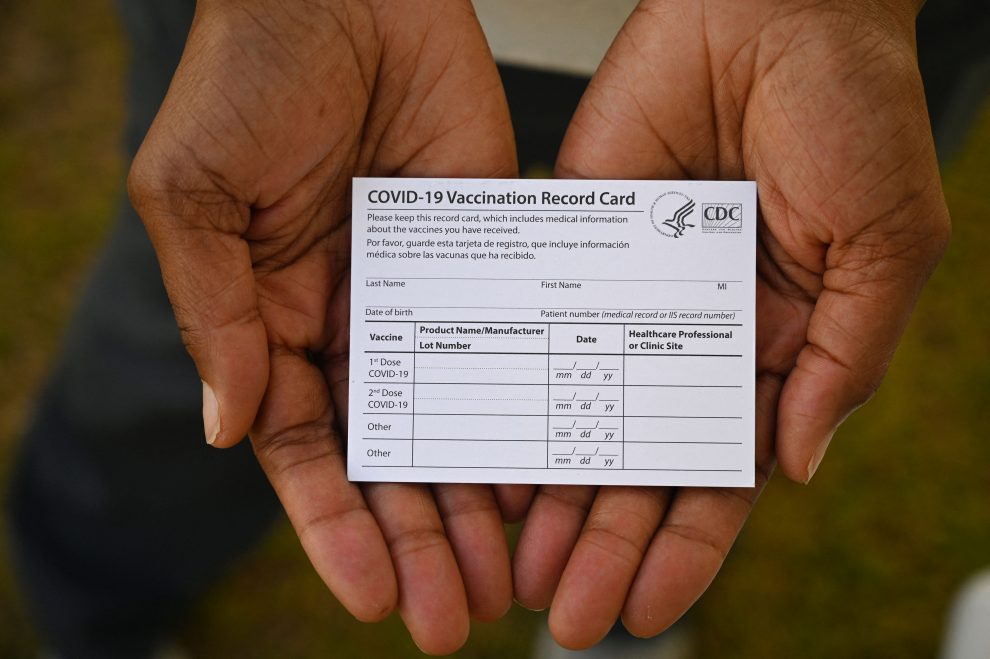Ever since COVID-19 first reached the United States, it has wreaked havoc amongst the population. It has caused countless issues in health, numerous problems in the economy, and strangely enough, political division. In a crisis, the best way for a nation to stay strong is by maintaining unity. Unfortunately, despite scientific advice, the United States did the exact opposite when COVID-19 struck. Mask mandates soon became political battlegrounds, and later on, vaccination status followed.
In early 2020, around the time when the Coronavirus reached the U.S., former president Donald Trump expressed that he wouldn’t go out in public with a mask on. This caused his large platform of supporters to follow his lead, despite the fact that masks had already been scientifically proven effective at reducing the number of respiratory viruses emitted in aerosols. Trump’s action was harmful to the United States as a whole because without masks, the population was at a far higher risk of contracting the virus from those refusing to wear one. Due to an increase in the spread of COVID-19 after Trump’s statement, it is evident that before turning to politics, the public must listen to science first.
The majority of Trump’s anti-mask followers were of the Republican party, causing Democrats to begin to resent the Republican party altogether, even if a lot of Republicans believed in wearing masks. Polarization between political parties became more and more of an issue as COVID-19 progressed, causing a strong sense of division in the United States during a time when unity was necessary.
Of course, there were other reasons as to why some people refused to wear masks. A popular belief was that masks could cause blood oxygen levels to drop, which was proven false soon after. Although people expressed this concern, mask wearing was centered much more around political parties.
Influential Republican leaders like Senate Minority Leader Mitch McConnell looked to encourage his fellow Republicans to wear masks. The idea was that anti-mask Republicans would listen to Republican leaders better than they would Democratic leaders telling them to mask-up. This strategy was successful in many ways, but some individuals still stuck to their early-quarantine beliefs. People protested and argued, COVID-19 progressed, and so did scientific discoveries. This scientific advancement led to the creation of the COVID-19 vaccine.
The politics centered around the COVID-19 vaccine are different from those that have to do with mask mandates. Although Donald Trump was outwardly an anti-masker, he was in support of the vaccine. Trump even went on to say, “If we didn’t have a vaccine, it would have been just like the 1918 Spanish Flu.” Interestingly, a large portion of the people who were anti-mask because of Trump, are also against receiving the COVID-19 vaccine. His followers trust what he says without question, so it was surprising that they were not following him on this. There are many different reasons this could be the case, but it is most likely because of the unfortunate need these anti-vaxxers and anti-mask Republicans have to contradict Democrats and claim that they are incorrect in all instances. Ultimately, mask mandates and vaccination statuses have become highly political due to assumptions, immature decisions, and division in a time that necessitates unity.







